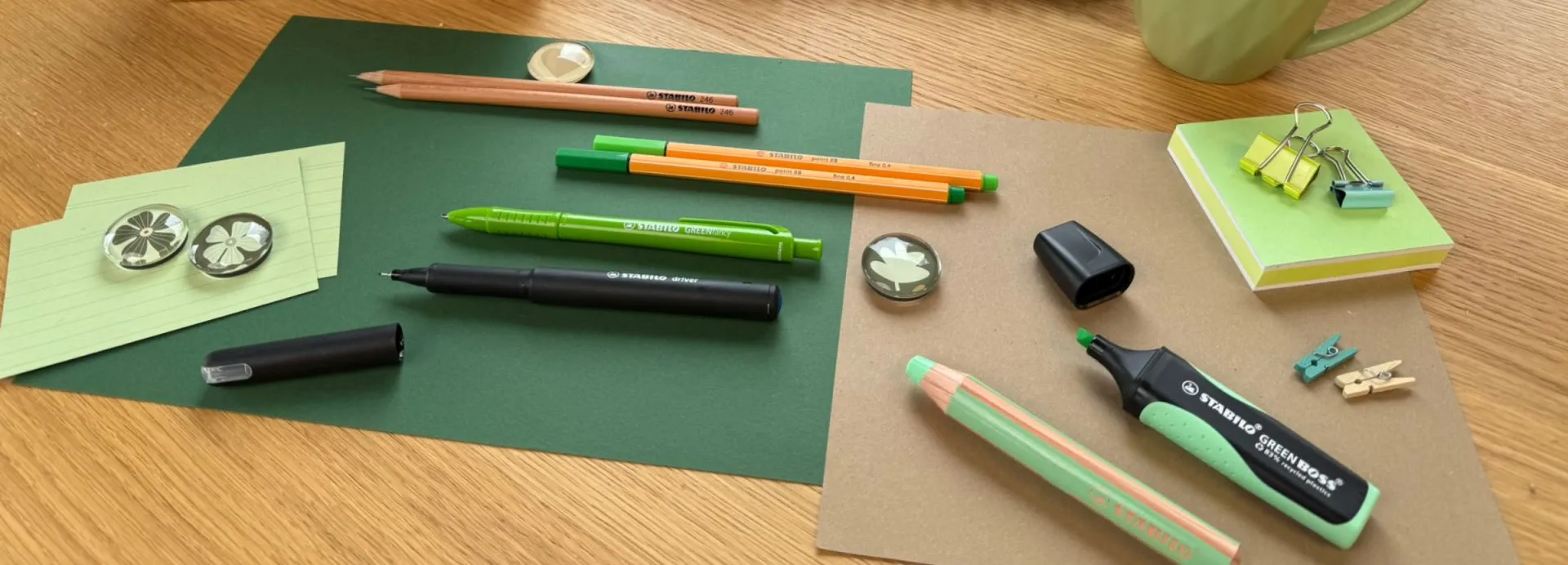
Advertising with a green conscience.
Sustainability at STABILO
STABILO Promotion Products is the expert for advertising messages with a green conscience - by personalising environmentally friendly products made from bio-based plastic, recycled plastic and wood from sustainable forestry.
STABILO as a pioneer in sustainability
We are pioneers when it comes to the most important certifications and awards: in 1998, STABILO was the first pen manufacturer in the world to be FSC-certified (FSC® C106072). With its extensive portfolio of green products, STABILO is an expert in sustainable promotional pens.
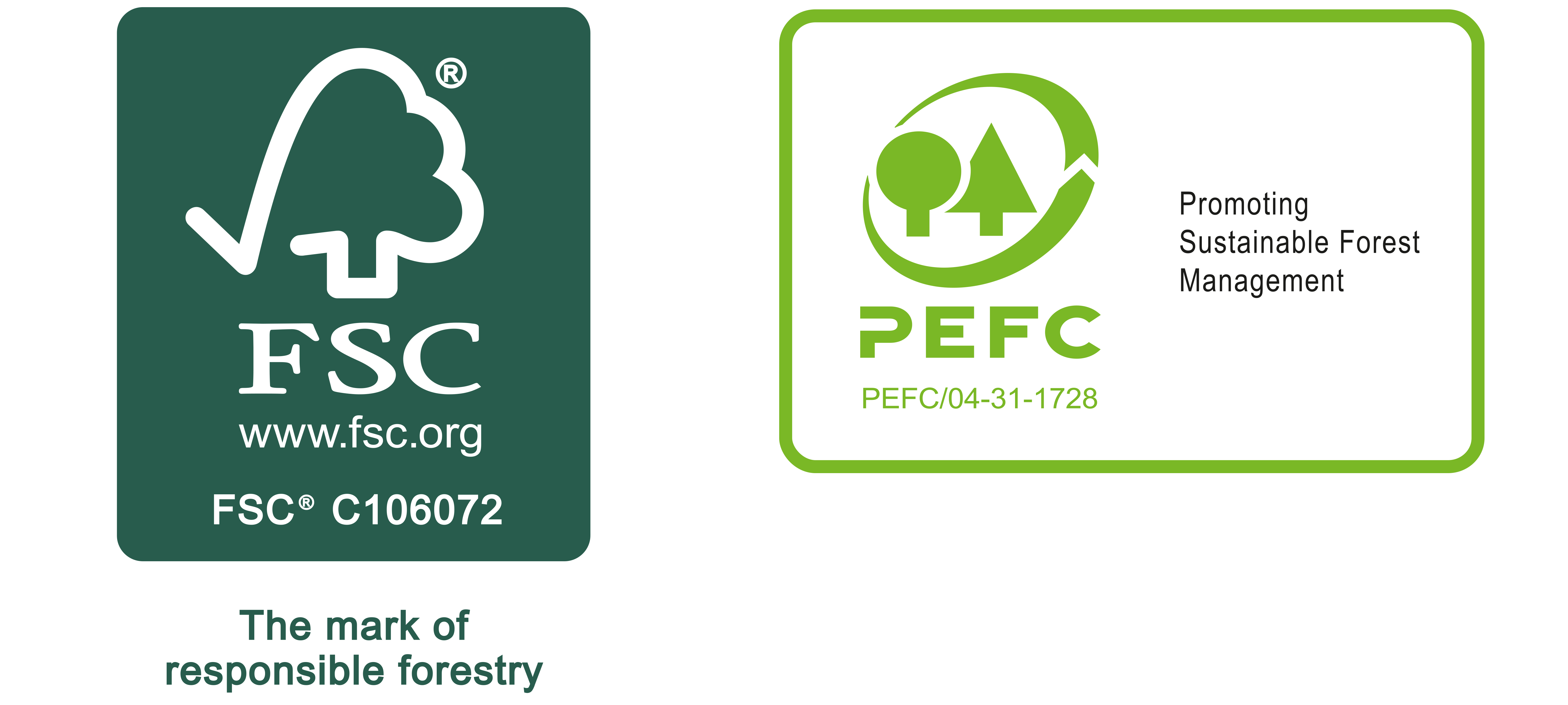
Discover our sustainable pens
The selection of environmentally friendly products is diverse and opens up sustainable advertising opportunities in every category: Whether highlighters, ballpoint pens or graphite and coloured pencils - our sustainable pens are made from recycled material, biodegradable plastic or wood from sustainably managed forests.
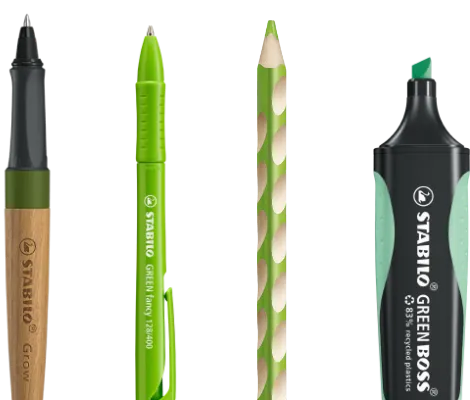
Organic waste instead of crude oil
STABILO products using ISCC PLUS certified bio-based plastic:
- STABILO dr!ver
- STABILO point 88
- STABILO point 88 Mini
- STABILO Pen 68
- STABILO Pen 68 metallic
- STABILO Pen 68 Mini
The abbreviation ISCC stands for International Sustainability and Carbon Certification and is one of the leading international certification systems for the circular economy and bioeconomy.
Learn more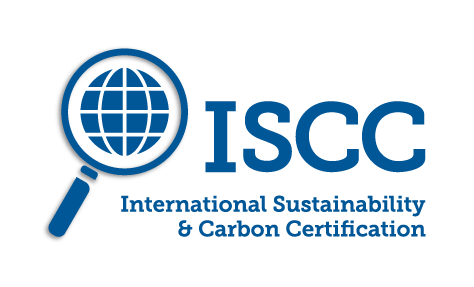
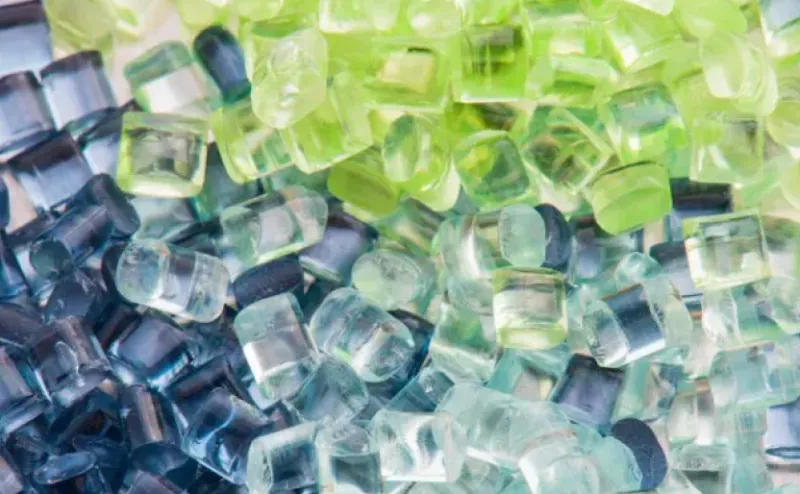
Advertising with STABILO pens made from recyclable materials
Thanks to intensive research and development work, we are able to produce pens consisting of recycled plastics
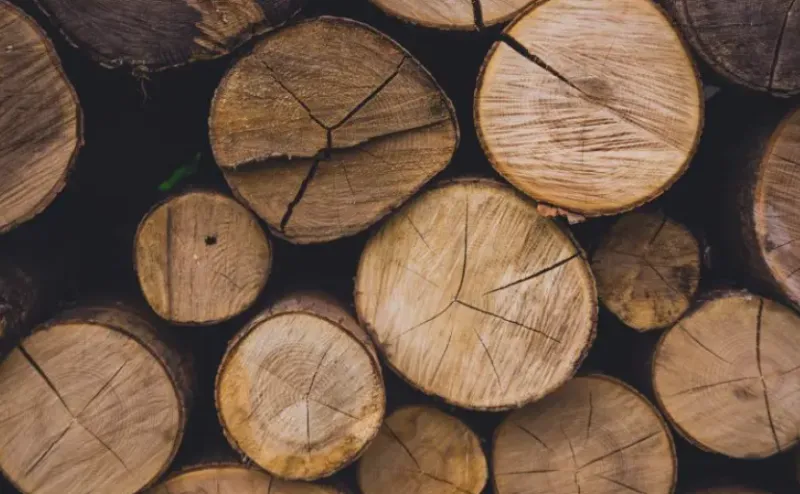
STABILO became the first writing instrument producer in the world to receive an FSC®-certification (FSC®C106072)
100% of our own pens are made from wood from sustainably managed forests.
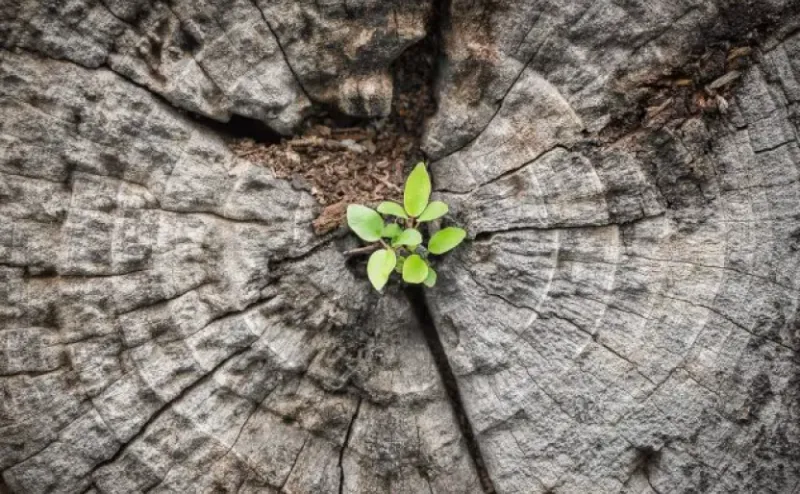
Deliver green messages credibly using biodegradable plastic
STABILO ballpoint pens with casing primarily made of biodegradable plastic, which is composed of renewable, cellulose-based raw materials.
Frequently asked questions (FAQ)
The FSC®C106072 (Forest Stewardship Council) is a non-governmental, non-profit organisation dedicated to promoting responsible forest management. Its aims include the preservation of valuable virgin forests, the protection of the indigenous people living in them and, above all, the long-term, ecologically acceptable use of wood as a natural raw material.
The FSC®C106072 guidelines for forestry management include the protection of the rights of the people living in the forests and the preservation of biodiversity. Furthermore, in Germany, for example, they forbid clear-felling and the use of pesticides. They also guarantee that FSC®C106072 -certified wood is not inadmissibly mixed with other wood during further processing. This control chain extends from forest management all the way to the product on the shop counter.
The housing of the STABILO GREENfancy ballpoint pen is made of renewable plastics. The base material for this plastic is cellulose from European softwood trees, i.e. no foodstuffs such as maize are used. The material from which the pen is made is biodegradable and nevertheless heat-resistant, which is genuinely unique in the bioplastics field.
The degradation process depends on various parameters, such as temperature or the number and type of bacterial cultures in the soil or other environment. Industrial composting facilities in the waste management sector work at 70° C and contain six bacterial cultures. In these conditions, the degradation process takes several months – a more precise figure cannot be given. As a rule, such temperatures cannot be reached in privately used composting systems, e.g. for garden waste.
No. The pigments used in GREENfancy products are also compostable, i.e. these pigments neither disturb nor damage the bacterial cultures in the composting systems used in the waste management sector.
Yes, of course. STABILO uses only environmentally compatible colors and most certainly no toxic substances in the colorant production processes. In 80% of cases, water is used as a solvent and is then cleaned and reused in closed loops, thus ensuring that scarcely a drop of precious drinking water is wasted. Apart from a few special pens, all the pens and colorants are made of materials that can be disposed of unproblematically in normal household waste.
No. Critical substances, such as formaldehyde, benzene or trichloroethane, are not used to manufacture STABILO products.
The pens and pencils in the STABILO GREENline are manufactured in accordance with the high requirements of the FSC®C106072 (Forest Stewardship Council) using wood from responsibly managed forests which bears the FSC®C106072 seal. Many people may find this surprising, but the lead in a STABILO pencil doesn’t contain any lead at all. The lead consists of graphite and clay.
STABILO separates waste into plastic, metal and colorant components. These components are recycled for the production of new writing instruments. Only a small proportion is disposed of as waste. The colorant containers do not finish up as hazardous waste, but are reused by partners. Residue from the ink production process is recycled and returned to the production process.
A STABILO pen is a quality product with a very long service life. Many pens also offer the option of refilling. However, if a STABILO pen has reached the end of its life, this is not a problem: the pen components are made of environmentally neutral materials such as polypropylene and are fully recyclable.
STABILO limits transport packaging to the absolute minimum amount necessary. All packaging consists mainly of recycled or recyclable materials, such as cardboard or tin plate. STABILO produces the plastic holders largely without the use of PVC, using mainly polypropylene (PP) instead. This can be incinerated or recycled along with other household waste without any problems, leaving no toxic residue, and is groundwater-neutral in landfills.
